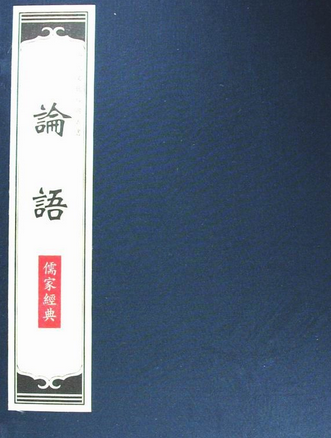
小编导读:《论语》:中国春秋时期一部语录体散文集,主要记载孔子及其弟子的言行。它较为集中地反映了孔子的思想。由孔子弟子及再传弟子编纂而成。全书共20篇、492章,首创 “语录体” 。
《论语》
(一)子曰:“学而时习之,不亦悦乎?有朋自远方来,不亦乐乎?人不知而不愠,不亦君子乎?”
(二)有子曰:“其为人也孝悌,而好犯上者,鲜矣。不好犯上而好作乱者,未之有也。君子务本,本立而道生。孝悌也者,其为仁之本与?”
(三)子曰:“巧言令色,鲜矣仁。”
THE ANALECTS
1. The Master said, To learn and at due times to repeat what one has learnt, is that not after all a pleasure? That friends should come to one from afar, is this not after all delightful? To remain unsound even though one’s merits are unrecognized by others, is that not after all what is expected of a gentleman?
2. Master Yu said, Those who in private life behave well towards their parents and elder brothers, in public life seldom show a disposition to resist the authority of their superiors. And as for such men starting a revolution, no instance of it has ever occurred. It is upon the trunk that a gentleman works. When that is firmly set up, the Way grows. And surely proper behavior towards parents and elder brothers is the trunk of Goodness?
3. The Master said, ‘Clever talk and a pretentious manner’ are seldom found in the Good.
更多精品翻译素材,敬请关注可可英语。












